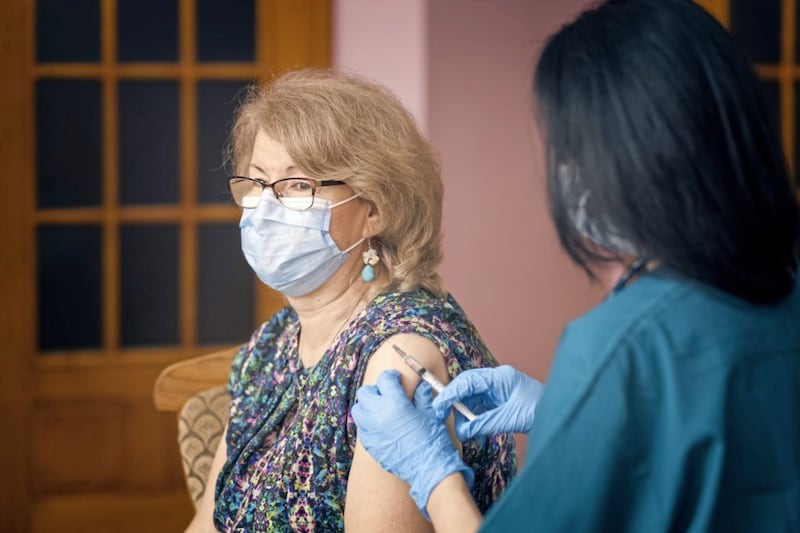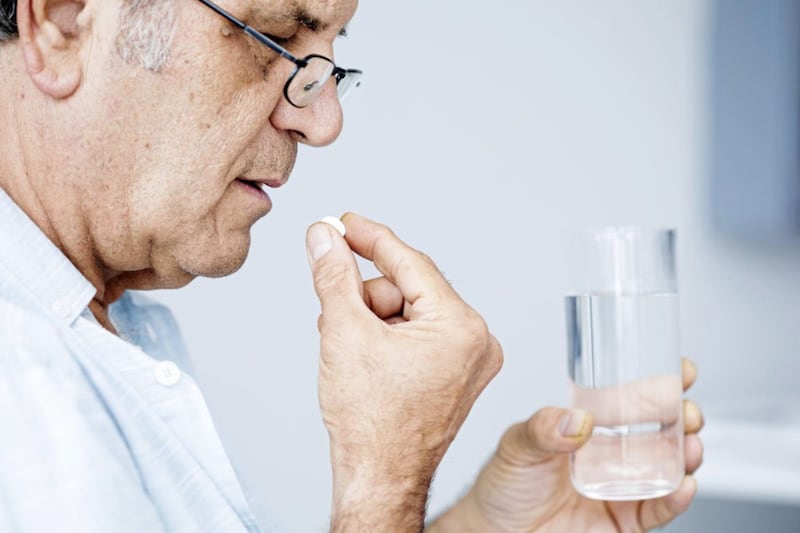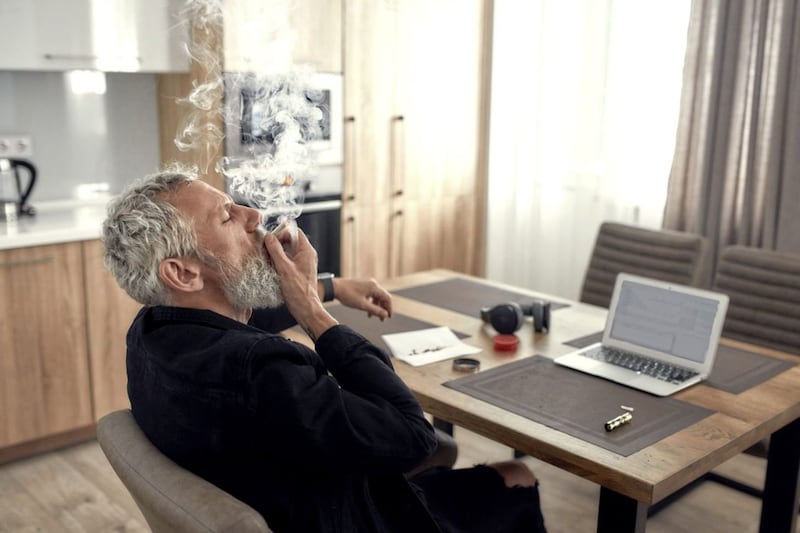WE ARE at a pivotal moment in the discussion on whether the UK should legalise medically assisted dying.
From 2015 to 2019, 233 UK citizens were forced to go abroad to seek an end to living in pain, and nearly 90 per cent of people here now favour a change in the law to allow adults of sound mind who are facing profound suffering to opt for a dignified death.
The Hippocratic oath, often distilled down to ‘first do no harm’, also enshrines a commitment to alleviate suffering. Last year, The Royal College of Physicians adopted a neutral stance.
I received a survey on this issue from the British Medical Association last month. But, now that medicine has shifted away from paternalistic decision-making, to involve the public in this question is surely crucial.
Separately, plans to pay a £20,000 incentive to encourage young doctors to enter general practice in Britain is doomed to fail. It is but a sticking plaster on the manpower crisis.
The government fails to understand that the current independent contractor model – in which each GP surgery is a small business, as has been the case since the birth of the NHS in 1948 – is broken.
Today’s doctors no longer want to shoulder the task of business ownership, with its stresses of owning property, employing staff, and inspections. Their preference is for salaried employment, perhaps along similar contractual lines to consultant colleagues in hospitals.
This would give them the freedom to practise the best medicine for their patients, keep up-to-date, fulfil their annual appraisals, and avoid the burdens of administration.
Yet the NHS chief executive claims the agreement between the British Medical Association trade union and NHS England to allocate these funds is a triumph.
I doubt it. Stuffing the mouths of doctors with gold will not work.
Is there really no one with the ability to think outside the box and create a new system? We need one in which the new wave of GPs can both practise medicine and have a work-life balance.
© Solo dmg media








